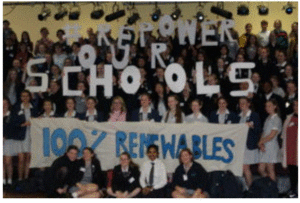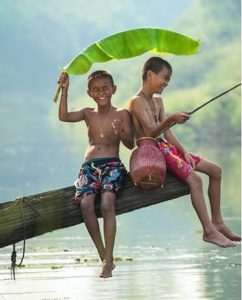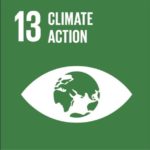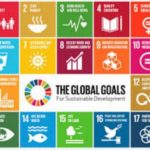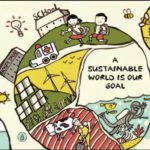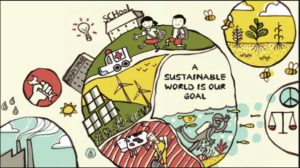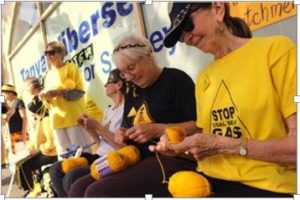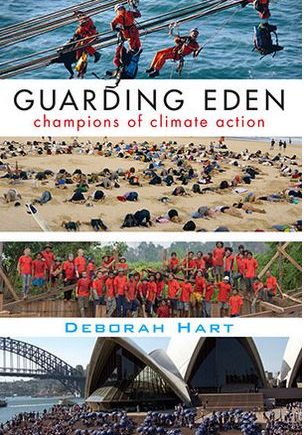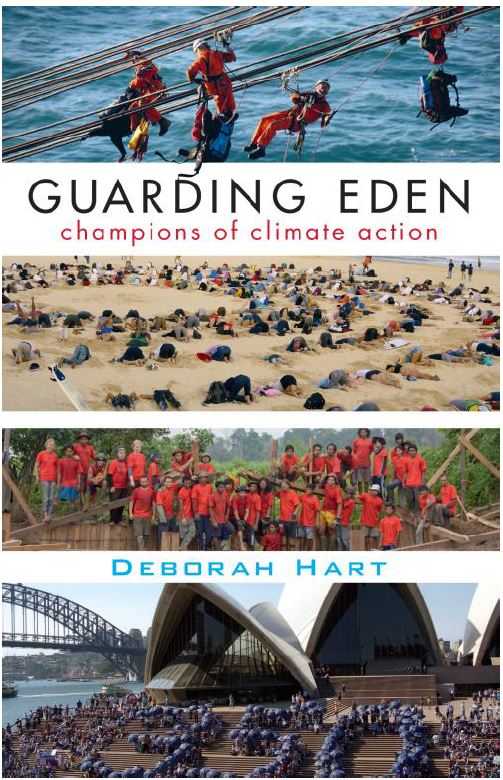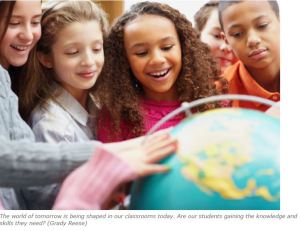Being the change you wish to see in the world.
Mahatma Gandhil.
Two schools across the country are showing leadership in environmental ansd sustainable change. Agents of societal change, students from Freemantle Senior High School and Melbourne Girls College are partnering with local community, influencing policy makers and through change leadership, are intrinsically motivated to make a difference. Pedagogical transformation to an otherwise outdated and uninspiring curriculum has led these students to deeper learning and more ambitious expectations about their own future.
In 2012, Freemantle SHS became the first Carbon Neutral High School in Australia by reducing their fossil fuel use, implementing renewable energy projects and capturing carbon emissions through tree planting and using a ‘whole-school’ approach and with the help of community partnerships, Freemantle SCS, cut their carbon emissions by over 15% in the first three years of the Carbon Neutral Project.
Watch their video: Champion, audit, partner, action, repeat
With the aim of making their school carbon neutral
Melbourne Girls’ College is an award winning sustainable school, proudly partnering with the City of Yarra with the ambition to be Carbon Neutral by 2020. MGC is the 2015 recipient of the Zayed Future Energy Prize, receiving funding to put plans into action and now boasts an interactive PV solar array, pedal and ergo generators, a microhydroturbine and solar powered seal fountain with a strategy to reduce energy use to achieve their goal.
I had the pleasure of visiting Melbourne Girls’ College during a student led sustainability conference late last year. The passion, co-learning and collaborative culture among students from a number of schools involved in the conference was inspiring.
The MGC students also held an action to celebrate their school’s pledge and send a message to decision makers to follow their lead and power all schools and Australia with 100% renewable energy !
Huge congratulations to the MGC environment team, students, staff and parents for leading the way and adopting the pledge !
Victorian schools are encouraged to adopt renewable energy practices with the help of Sustainability Victoria, but so far none have achieved carbon neutral status.
The Victorian Department of Education and Training said two-thirds of schools’ total energy use was consumed outside of school hours. It also estimated that as much as 40 per cent of all energy use in schools is not essential.
________________________________________________________________________________________________________
What is most impressive is that both schools have leadership teams that enable student led deep learning. The students experience the CNP at South Fremantle SHS in all learning areas. It is embedded deeply in the school curriculum, for example in sustainability themes in Science, Marine and Ocean, and Earth and Environment studies. It is embedded in qualifications such as our students’ achievements and hands on experience in conservation through endorsed community programs such as the Rio Tinto Earth Assist Program. It is equally embedded in community service; since 2008 South FreemantleSCS students have propagated and planted over 29,000 trees in the school grounds, in the Wheatbelt and in bush-fire affected Toodyay via our ‘Seed to Tree’ project.

Tree planting in the wheatbelt
By involving students in deep learning they become active in caring for our planet’s future, applying their learning in meaningful ways inside the school and outside in the community. South Fremantle SHS is one of only two schools in WA nominated to participate in STELR, a national initiative that encourages students’ participation in Maths and Sciences with a particular focus on renewable energy. Twenty one students attended the 2013 Australian Youth Climate Coalition Event – ‘Start the Switch’ workshops, mentoring and training in sustainability leadership.
It makes me so proud to know that young people are doing great things to make positive change in their schools and communities. These are the global citizens of tomorrow, TODAY.

